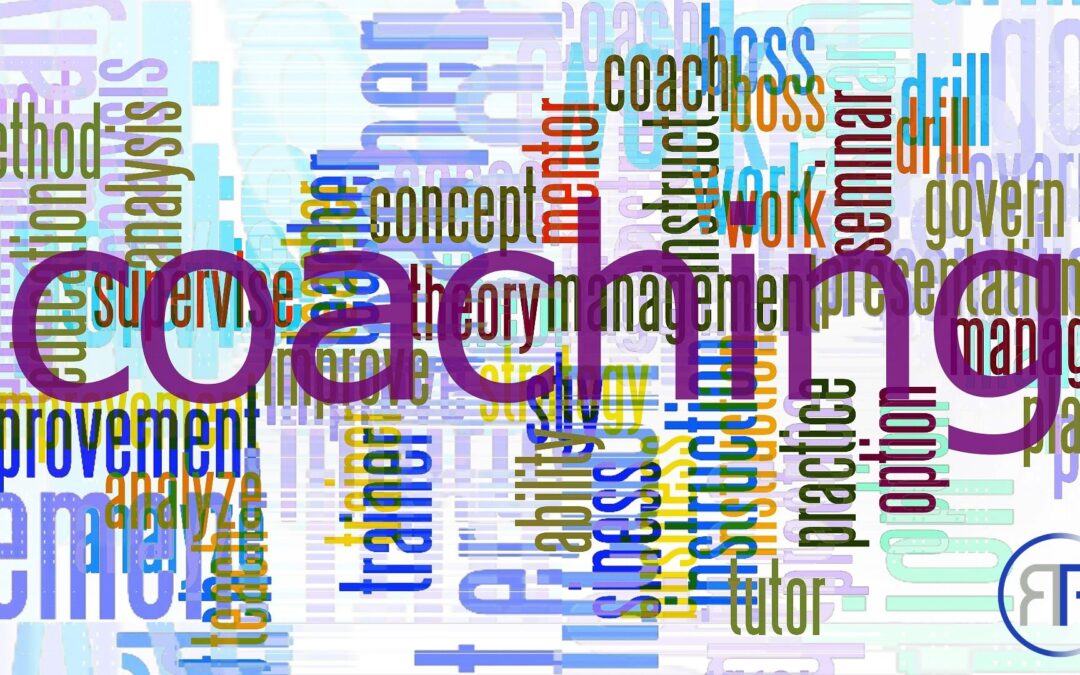I have never called myself a coach, always a consultant. But over time I eventually took on that title. As the end of the year is closing in, and I am reviewing my client list, I thought it would be a good time to talk about what successful coaching looks like.
In the world of business coaching, the right strategies can be the difference between good and great. Coaches need to adapt and innovate continuously, but how often do you take the time to review your professional development? Whether you’re a seasoned coach or just starting out, these insightful strategies are designed to enhance your practice and elevate your impact.
Listening with Intent
The foundation of effective coaching lies in active listening. It’s through attentive and empathic listening that you can truly understand the unique challenges and aspirations of your clients. This deeper understanding paves the way for more personalized and impactful coaching strategies. I intentionally step out of the teacher and consultant role of always talking and giving advice and pause to listen. Not to merely formulate a response, but rather to understand.
Customization is Key
In business coaching, one size does not fit all. Each client comes with a unique set of challenges and goals. By tailoring your approach to fit the specific needs of each client, you can create more relevant and effective coaching plans that resonate more deeply and yield better results. Personally, it take me around 2 sessions to establish a relationship and effective communication with the individual I am coaching. Only once we have common ground established can we move forward together to foster growth.
Goal Setting for Success
This is an often-overlooked subject in coaching. Setting clear, measurable goals is crucial to determine business success. These goals not only provide a roadmap for your clients but also allow both of you to track progress and celebrate achievements. This results-oriented approach helps maintain motivation and demonstrates the tangible value of your coaching. Some of my best testimonials come from clients that talk about quantitative results because of my coaching efforts.
Commitment to Learning and Change
The business world is constantly evolving, and so should your coaching methods. Staying informed about the latest trends, tools, and strategies in business keeps your advice fresh and relevant. Continuous learning is not just beneficial for your clients, but it also enhances your credibility and effectiveness as a coach. One innovative technology that I have been promoting is AI to help save entrepreneurs and small business owners time and money when creating content. It was a hard transition for me as a Professor, but how does that adage go? ‘If you can’t beat them, join them!’
Fostering Accountability
One of my mentors, Jack Canfield taught me E + R=0 and I have been using it for years! E is an event that is happening. R is your responsibility/reaction to the event. O is the outcome as a result of the other variables. The. Only. Thing. You. Can. Change. is the R! Take responsibility. Establishing a culture of accountability in your first session is vital. Encourage your clients to look inward by asking, “How have you contributed to the situation?” Or “What could you have done differently to produce a different outcome?” Remember, to take 100% responsibility for any outcome you are involved in.
When looking at and integrating these strategies into your coaching practice, they can create a more impactful and rewarding experience for both you and your clients. Remember, the journey to meaningful results in business coaching is ongoing, and every step taken is a step towards greater success.
#BusinessCoachingInsights #InnovativeCoaching #GoalOrientedSuccess #EmpatheticLeadership #ContinuousLearningInCoaching

